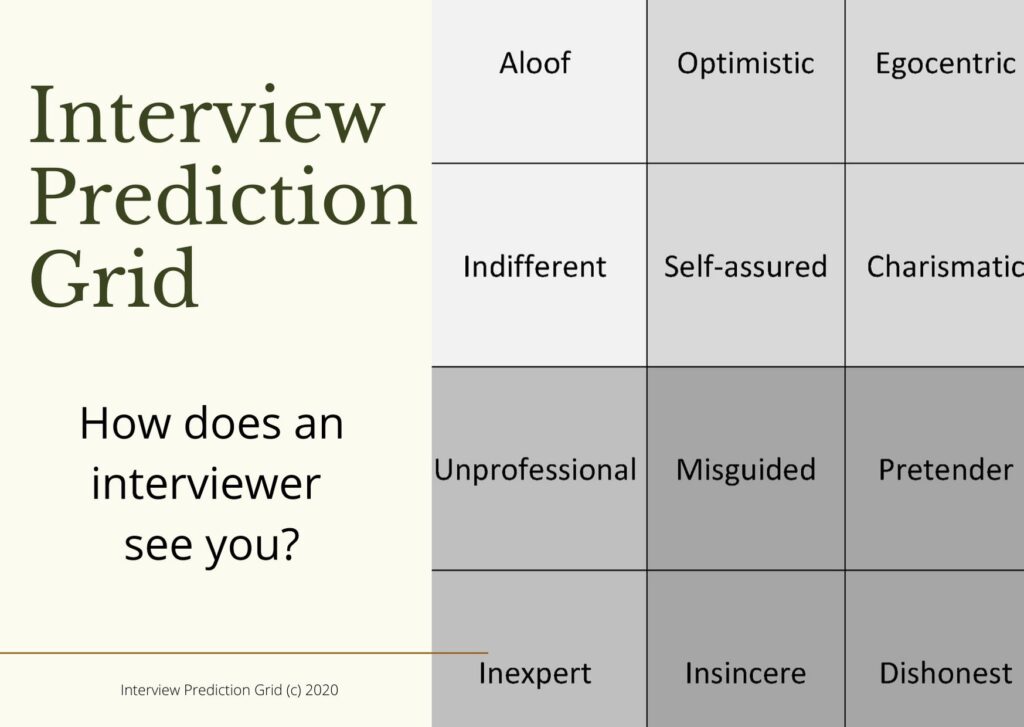A common bias in play is gender stereotypes; males are often viewed as strong and dominant and women as emotional and caring, which can, unconsciously, create a job interview bias.
Not only that, evidence indicates that equally qualified males and females are not viewed as equals and, once employed, can receive varying salaries. In 2017 the UKs equality act came into force, making organisations with 250+ employees to report their gender pay gap figures.
The BBC, one of the largest UK organisations, in 2017, became embroiled in controversy when it published a list of its highest earning presenters. The report showed that around two-thirds of presenters earning +£150,000 annually were male presenters, with all the top 7 biggest earners being men.
Job gender stereotypes and attraction are linked. The ‘beauty is beastly’ stereotype shows how an ‘attractive’ female applying for a ‘masculine’ job role can be rated lower than an ‘unattractive’ female with the same skill set.
For masculine or feminine roles, if the applicant fits within the job gender stereotypical (IE males applying for masculine positions and females for feminine roles), and are viewed as an ‘attractive’ applicant, they will be perceived to be more qualified then less attractive counterparts. Additional research shows how overweight females are viewed less favourably than overweight males.
Currently, much of the ‘beauty is beastly’ stereotype experiments have been conducted in the laboratory not in the field, meaning more research is required to fully understand the subconscious decision based on job gender stereotypes and perception.
What we are learning from this research is how the career/gender schema affects the interviewers’ view of each candidate and how bias has an underlying, often inaccurate, cause-effect; ‘obese’ employees are less worthy then a ‘healthy’ applicant or that an ‘attractive’ applicant possesses certain positive characteristics.
Where does this leave applicants? We know stereotypes exist. It is clear that schemas affect the recruitment process. Does this mean that all obese or unattractive applicants fail to gain employment? Clearly not. As discussed in earlier articles, commonality increases likability and for high skilled roles, an applicant’s level of knowledge/experience, when communicated confidently, is one of the key factors for a successful interview outcome and can override the ‘beauty is good’ stereotype.
To understand how your level of knowledge/experience and level confidence changes the employers perspective of you in a job interview read the Interview Prediction Grid article.

Job Interview Advice









